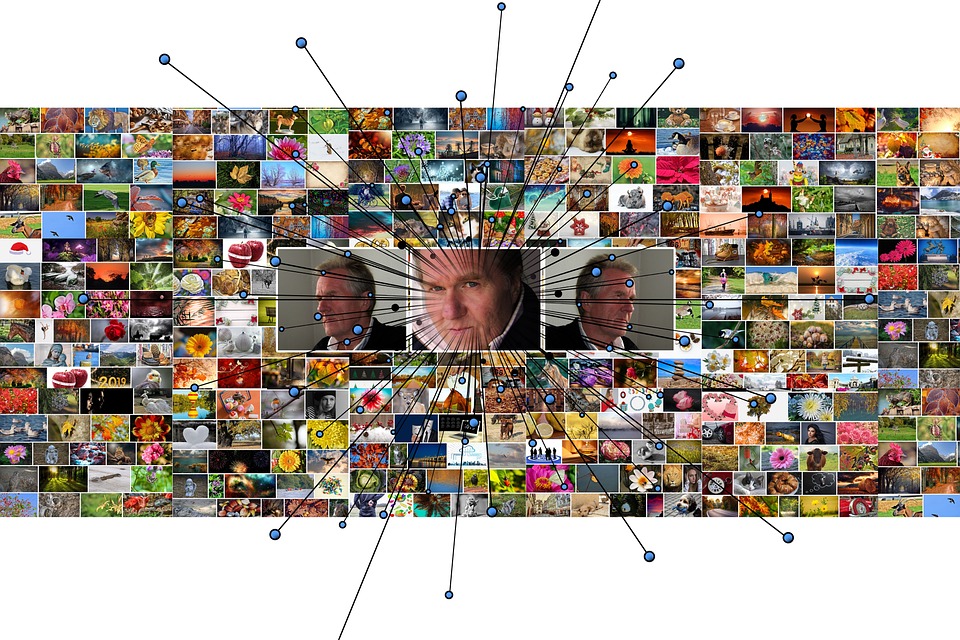In recent years, machine learning has transcended theoretical research and entered the realm of practical applications, revolutionizing industries and daily life. With the ability to analyze data, identify patterns, and make predictions, machine learning algorithms empower organizations to innovate, optimize, and enhance decision-making processes. This article explores the transformative impacts of machine learning across various sectors, showcasing practical examples that illustrate its power and potential.
1. Healthcare: Predicting and Personalizing Treatment
One of the most promising applications of machine learning is in healthcare, where it enables more accurate diagnosis and tailored treatment plans. Algorithms analyze vast datasets from patient records, imaging, and genetic information to identify patterns that may not be apparent to human doctors.
For example, IBM’s Watson Health utilizes natural language processing to sift through medical literature and clinical trial data, assisting healthcare professionals in making decisions about patient care. Machine learning models can also predict disease outbreaks, personalize medication based on an individual’s genetic makeup, and streamline hospital operations by optimizing scheduling and resource allocation.
2. Finance: Fraud Detection and Risk Assessment
The finance sector has harnessed machine learning to enhance security and customer service while managing risks. Algorithms can analyze transaction patterns in real-time, identifying anomalies indicative of fraud. Companies like PayPal use machine learning to monitor millions of transactions for abnormal behavior, significantly reducing fraud-related losses.
Moreover, in credit scoring, machine learning models can assess the creditworthiness of individuals by evaluating a wider set of data points, improving both the accuracy of assessments and access to credit for marginalized groups.
3. Retail: Personalized Shopping Experiences
Machine learning is reshaping the retail landscape, driving personalized marketing strategies and enhancing customer experience. E-commerce giants like Amazon employ recommendation algorithms that analyze customer behavior and preferences to suggest products tailored to individual shoppers. This customization not only increases customer satisfaction but also boosts sales.
Additionally, machine learning helps optimize inventory management, predicting stock levels and demand fluctuations. Brands can analyze data from social media and other channels to anticipate trends, ensuring they remain competitive and responsive to consumer needs.
4. Transportation: Advancements in Autonomous Vehicles
The automotive industry is witnessing a paradigm shift with the advent of autonomous vehicles, largely driven by machine learning. Companies such as Tesla and Waymo leverage deep learning algorithms to enable vehicles to learn from their environments and make real-time decisions.
Machine learning is integral to the processing of data from cameras and sensors, allowing vehicles to navigate complex scenarios and anticipate obstacles. With ongoing advancements, the promise of safer roads and reduced traffic congestion is becoming a reality.
5. Agriculture: Enhancing Yield and Sustainability
In agriculture, machine learning optimizes crop production and resource management. Farmers use predictive analytics to forecast weather patterns, soil conditions, and crop yields, allowing for better planning and resource allocation. For example, startups like Blue River Technology utilize computer vision and machine learning to monitor plant health and optimize pesticide usage, reducing chemical costs and promoting environmentally friendly practices.
These technologies not only enhance food production efficiency but also contribute to sustainability efforts by minimizing waste and conserving resources.
6. Energy: Smart Grid Management
The energy sector is increasingly adopting machine learning to improve grid management and energy efficiency. Algorithms can analyze consumption patterns, optimizing energy distribution based on real-time demand data. For instance, Google’s DeepMind has worked on reducing energy usage in data centers by using machine learning to manage cooling systems, achieving substantial energy savings.
In renewable energy, machine learning can predict output from sources like wind and solar based on weather conditions, enhancing integration into the power grid.
7. Marketing: Data-Driven Campaigns
Marketing strategies are being transformed by machine learning, as businesses leverage data analytics to design targeted campaigns. Algorithms evaluate customer demographics, behavior, and purchasing patterns to deliver personalized marketing messages across digital channels.
For example, companies can segment their audience and automate email campaigns that resonate with specific groups, resulting in higher engagement rates and conversions. Additionally, predictive analytics help businesses gauge the success of campaigns in advance, allowing for agile adjustments.
Conclusion
The journey from algorithms to action in machine learning showcases its significant impact across diverse sectors. From improving healthcare outcomes to optimizing supply chains, machine learning is not just a technological trend but a fundamental shift in how organizations operate and make decisions. As machine learning continues to mature, its applications will further expand, unlocking new possibilities for innovation, efficiency, and problem-solving in our increasingly data-driven world. Embracing this technology means not only adopting advanced algorithms but also fostering a culture of data literacy and agility to adapt to the rapid changes ahead.



